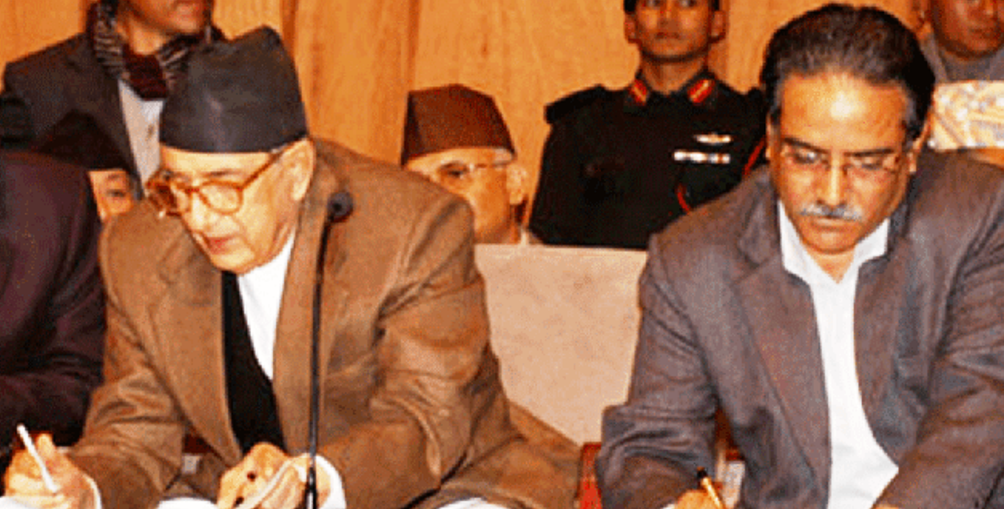

KATHMANDU: Eighteen years ago, on November 21, 2006, the Comprehensive Peace Agreement (CPA) was signed to tackle the underlying causes of conflict and provide support and reparations to victims.
This agreement, made between the government and the then-rebel group CPN (Maoist), aimed to uncover the truth about serious human rights violations and crimes against humanity, hold perpetrators accountable, and restore peace in society following the upheaval of armed conflict.
After a prolonged delay, the government formed the Truth and Reconciliation Commission and the Commission for Investigation of Disappeared Persons on February 10, 2015, over eight years after the CPA’s signing.
These commissions began accepting applications from survivors and initiating reparative actions, but progress on other matters has been limited.
The CPA was signed by then-Prime Minister Girija Prasad Koirala and CPN (Maoist) Chairman Pushpa Kamal Dahal ‘Prachanda’ to conclude a decade-long armed struggle.
Since then, notable achievements have included the adoption of the Interim Constitution, two rounds of elections for the Constituent Assembly, and the drafting of a new Constitution.
However, delivering justice, relief, and reparations to survivors remains critical, as these issues are still unresolved in the local peace process.
It is essential to clarify the causes of the conflict to prevent its recurrence in the future. Recently, the government took steps forward by establishing a ‘recommendation committee’ on April 12, 2024, tasked with proposing candidates for leadership roles in the Truth and Reconciliation Commission and the Commission for Investigation of Disappeared Persons.
Former Chief Justice Om Prakash Mishra leads this recommendation committee, which is currently accepting applications. While the government and relevant political parties recognize the importance of timely justice for victims, concerns about delays in implementing necessary laws over the past decade persist.
The Transitional Justice Act was previously passed through political consensus, providing a foundation for survivors to pursue justice.
To date, the Truth and Reconciliation Commission has received 63,718 complaints, setting aside 3,000 applications for future review. Meanwhile, the Commission for Investigation of Enforced Disappeared Persons has registered 3,243 complaints, with 2,496 currently under investigation.
After significant efforts, the Bill (Third Amendment), 2081 to amend the Commission for Investigation, Truth and Reconciliation of Disappeared Persons Act, 2071 has been enacted. Minister for Law, Justice, and Parliamentary Affairs Ajaya Kumar Chaurasia stated that the government is working to finalize the remaining aspects of the peace process promptly.
“While many elements of the CPA have been fulfilled, the quest for justice for victims through truth investigation remains unfinished,” he emphasized, assuring that progress on transitional justice is ongoing and victims will soon attain justice.
However, CPN (Maoist Centre) chief whip Hitraj Pandey noted that the peace process was supposed to be completed within six months as per the agreement, but various factors have hindered its expected progress.